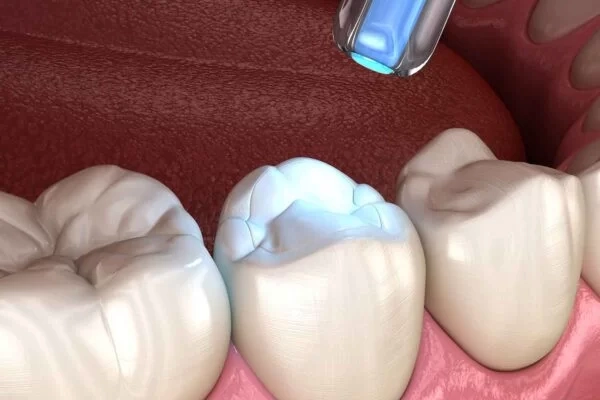Understanding Dental Fillings
Dental fillings are essential in restorative dentistry as they are primarily utilized to address cavities, which result from dental decay causing the formation of holes in the teeth.
The initial step involves the dentist eliminating the decayed material from the tooth. This is a vital measure to stop the advancement of decay and avoid the emergence of more severe dental problems, such as infections or abscesses. After removing the decay, the dentist meticulously cleans the affected area to ensure it is completely free from bacteria and debris.
Afterward, the cavity is filled with appropriate dental material. Composite resin is widely used because of its natural tooth color, which helps to make the filling blend in more seamlessly.
Amalgam, a commonly used material, is renowned for its exceptional durability and strength, making it a popular choice for filling molars. Gold and porcelain fillings are highly valued for their attractive appearance and durability, despite being more expensive.
The dentist restores the tooth’s structure and functionality by filling the cavity. This procedure effectively seals off spaces where bacteria could enter, preventing any further decay. This procedure effectively addresses tooth pain and sensitivity caused by cavities, while also promoting the long-term health and structural integrity of the tooth.
Post-Op Instructions
Managing Sensitivity
After a filling, you may experience sensitivity to hot, cold, or pressure, which should subside within a few days. If sensitivity persists, contact our office.
Oral Hygiene
Maintain regular oral hygiene practices, including brushing twice a day and flossing daily. Be gentle around the new filling, especially in the first 24 hours.
Eating Habits
You can eat immediately after the procedure, but if anesthetic was used, be cautious until the numbness wears off to avoid biting your cheek or tongue. Avoid hard, sticky, or chewy foods for a couple of days to give the filling time to set.
Avoiding Bad Habits
Discourage habits that can damage your fillings, like nail-biting, chewing on pens, or using your teeth to open things.
Aftercare Tips
Regular Dental Check-Ups
Continue with regular dental check-ups and cleanings. These visits allow us to monitor the condition of your fillings and overall oral health.
Mind Your Bite
If your bite feels weird, or uneven or you have persistent pain, contact us. A simple adjustment may be needed.
Alcohol and Smoking
Limit alcohol intake and avoid smoking, as these can affect the longevity of your fillings and overall oral health.
Respond to Pain
If you experience pain or discomfort beyond typical sensitivity, it could indicate an issue with the filling or an underlying problem that needs attention.
Long-Term Care
Maintain Oral Health
Good dental hygiene is essential for the longevity of your fillings and overall dental health. Regular brushing and flossing are key.
Monitor for Wear and Tear
Fillings can wear down over time. Regular check-ups help identify when a filling needs replacement.
Fluoride Use
Consider using fluoride toothpaste or mouthwash, as fluoride helps strengthen teeth and prevent decay around the fillings.
Get a Brighter, Healthier Smile – Contact Us!
Dental fillings are a crucial step in maintaining your dental health, but their success largely depends on your post-op care. At Paradise Dental Studio of Fort Lauderdale, we are dedicated to ensuring your fillings last as long as possible and that your oral health remains optimal.
Feel free to reach out to us with any inquiries or uncertainties regarding your dental fillings. It is important to prioritize regular dental visits in order to preserve the health and appearance of your smile. Make an appointment for your next check-up today to actively promote long-term oral health.
